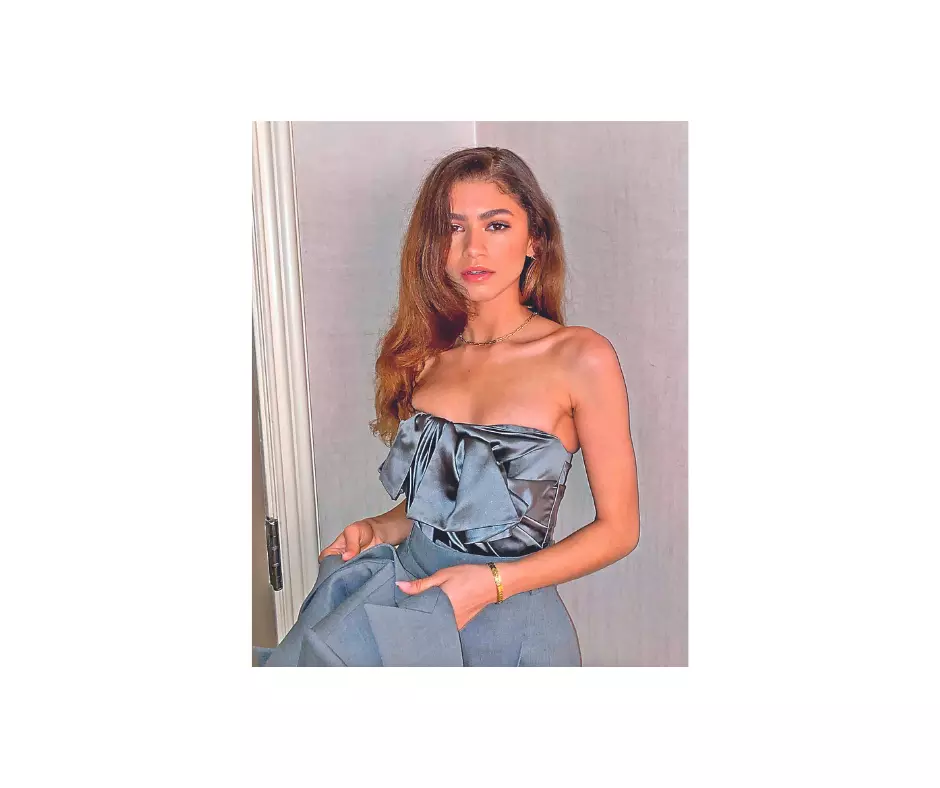What goes around certainly comes around — at least when stardom strikes. While myriad facets of the 77th Annual Cannes Film Festival continue to garner global attention, one of the highlight controversies of the past week has got to be a recent explosive reveal by Zendaya’s stylist Law Roach on “The Cutting Room Floor” podcast. Roach had no qualms about admitting that the American actress-singer clearly wasn’t a designer’s darling when she was still making it. “I would write the big five. I would write Saint Laurent, Chanel, Gucci, Valentino, and Dior, and they would all say, ‘No, try again next year. She’s too green. She’s not on our calendar’,” Roach said during the interview. While letting bygones be bygones is a way of life, especially in showbiz, the stylist maintained that the 27-year-old star continues to not let such episodes slide. “I still have the receipts,” he continued on the podcast, adding,
It’s the designer’s choice to say ‘no’
Approaching a celebrity purely on the basis of their stardom is likely to backfire, so the ideal way to go about it is being crystal clear about the energy of your brand and choosing faces with personalities that align with that, believes ace Indian designer Raghavendra Rathore. “I’ve always believed that a celebrity’s true value lies in what they represent, not just their popularity. We often collaborate with influencers from diverse fields, who’re probably not as famous as an A-lister, to demonstrate our support for their missions and causes.
I would write the big five. I would write Saint Laurent, Chanel, Gucci, Valentino, and Dior, and they would all say, ‘No, try again next year. She’s too green. She’s not on our calendar’,” said Zendaya’s stylist Roach.
fashion designer
I feel every brand has their own aesthetics and choice to dress up any celebrity of their choice. There are several celebrities who would like to be dressed by a very big names in the fashion industry. However, the brands can’t be dressing up everyone who asks for it. It’s the choice of the designer whom they would like to dress up for a red carpet, and it’s high time celebrities realise it.” — Mayank Modi, designer, Mayank Modi Fashions
The most recent name that has taken the internet by storm is Nancy Tyagi, a digital creator and burgeoning fashion designer who debuted at this year’s Cannes Film Festival with her very own ensemble. This stands as a testament in the history of the art of fashion and that one doesn’t need be costumed in a high-end couture to become an overnight sensation.” — Urvi Kothari, South Asian art writer and curator
“As a bespoke brand, we frequently find ourselves having to turn down collaboration opportunities, even with individuals we admire, because our products are not mass-produced. Most celebrities understand our unique position and often reach out well in advance to ensure we can work together since we have always kept communication transparent-honesty is always the best policy.”
Brands protect their identity
Thinking along similar lines, fashion designer Mayank Modi believes in order for a brand protect their identity and aesthetics, they can take a call on whom they would like to dress. “Brands are not made overnight. It takes years for an overnight success (quote by Richard Brandson). To protect their identity and aesthetics they can take a call on whom they would like to dress. At a later point if the star becomes famous and if the brand would like to approach her, the star always has the right to refuse. It works both ways. There are no egos when it comes to good and fair business.”
Taking a slightly differing stance on the matter is Urvi Kothari, a South Asian art writer and curator, who believes that the number game may certainly hold a crucial position, but the foresight of investing in new talent is what keeps this ecosystem healthy, competitive as well as challenging. “The most recent name that has taken the internet by storm is Nancy Tyagi, a digital creator and burgeoning fashion designer who debuted at this year’s Cannes Film Festival with her very own ensemble. This stands as a testament in the history of the art of fashion and that one doesn’t need be costumed in a high-end couture to become an overnight sensation. However, public figures need to adopt some flexibility too as the sustainability of the luxury fashion industry strives on the mantra of collaboration and inclusivity, and since everything can change overnight, adopting a level of flexibility from either side is what I think is a wise solve.”

